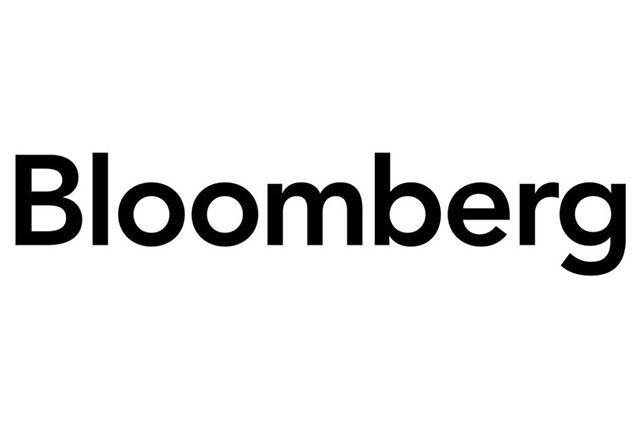-

Hear from Professor Monica Toft
Learn how Professor Monica Toft is shaping the study of global affairs and diplomacy at Fletcher.
Hear from Prof. Toft -

Explore Fletcher academics in action
Fletcher Features offers insights, innovation, stories and expertise by scholars.
Get global insights -
Get application tips right from the source
Learn tips, tricks, and behind-the-scenes insights on applying to Fletcher from our admissions counselors.
Hear from Admissions -

Research that the world is talking about
Stay up to date on the latest research, innovation, and thought leadership from our newsroom.
Stay informed -
Meet Fletcherites and their stories
Get to know our vibrant community through news stories highlighting faculty, students, and alumni.
Meet Fletcherites -

Forge your future after Fletcher
Watch to see how Fletcher prepares global thinkers for success across industries.
See the impact -

Global insights and expertise, on demand.
Need a global affairs expert for a timely and insightful take? Fletcher faculty are available for media inquiries.
Get in Touch
U.S. Wants to Insulate Climate Talks From Tensions With China
Kelly Sims Gallagher speaks with Bloomberg about Biden's efforts to prioritize U.S./China relations on climate.

In the lead-up to the 2015 Paris climate agreement, then-President Obama flew to Beijing and won a major concession from President Xi Jinping—that China would peak its carbon emissions around 2030. It paved the way for the historic accord.
As President Biden seeks to aim higher before a global climate conference in the U.K. this November, he may find that getting on the same page with China will be harder. U.S.-China relations on climate matter not only because the two countries account for just less than half of the world’s emissions, but also because what they do sends a signal to the rest of the world.
Biden administration officials—climate envoy John Kerry and Secretary of State Antony Blinken among them—have signaled they want to shield climate diplomacy from the more turbulent aspects of the bilateral relationship. But experts and government officials worry that tensions on everything including Taiwan and Hong Kong could undermine those discussions. “We’re in a difficult place, and yet we have this inescapable reality that we can’t address the global challenge of climate change without coordination between the U.S. and China,” says Kelly Sims Gallagher, who oversaw Chinese climate diplomacy in the Obama White House.

